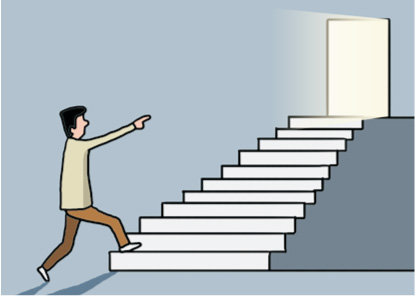My own goals and my own criteria
My own goals and my own criteria
Posted June. 13, 2022 07:53,
Updated June. 13, 2022 07:53


American pianist Jonathan Biss said in his book titled “A Pianist Under the Influence” that the state without a mistake is now considered a must-have condition for a promising pianist.
As the studio has become common, the atmosphere of concerts changed. Audiences are used to albums that have no mistakes. The musical aspirations of many pianists have become reaching a state of technical completion.
I feel a similar change at conferences on artificial intelligence (AI). As conferences are held via teleconferencing, 15-minute videos have replaced in-person presentations. As the videos can be watched again even after conferences and are highly accessible, some people skip reading papers and just watch videos. Competition to make more eye-catching videos also began. High-quality videos produced by large AI companies, such as Google and Meta (formerly Facebook), grabbed people’s attention and a British professor drew attention for hiring professional animators to produce videos for his lecture.
It has been long since large companies started to lead the AI field. Research centers of large businesses have many pieces of equipment for experiments. An experiment that will take three weeks at a mid-sized university lab can be completed in one week by a large company. As a result, the ‘quantitative criteria’ for experimental verification, which is used to evaluate academic journals, have been raised. It is common for review commentaries to say that they refuse to publish journals as the experiment size is too small to judge practicality even though the journals have great ideas.
Under these circumstances, what meanings can be found for research at universities? I was sharing such a question with students and got an unexpected answer. “We can solve the problems that are not addressed by businesses,” said one of the students. It is a simple and long-standing truth that has been forgotten. Setting your own research goals and pursuing completion based on your own criteria. It may draw less attention but is much better than research that one is not satisfied with.
Headline News
- Joint investigation headquarters asks Yoon to appear at the investigation office
- KDIC colonel: Cable ties and hoods to control NEC staff were prepared
- Results of real estate development diverged by accessibility to Gangnam
- New budget proposal reflecting Trump’s demand rejected
- Son Heung-min scores winning corner kick







